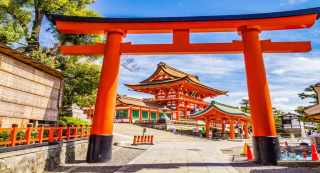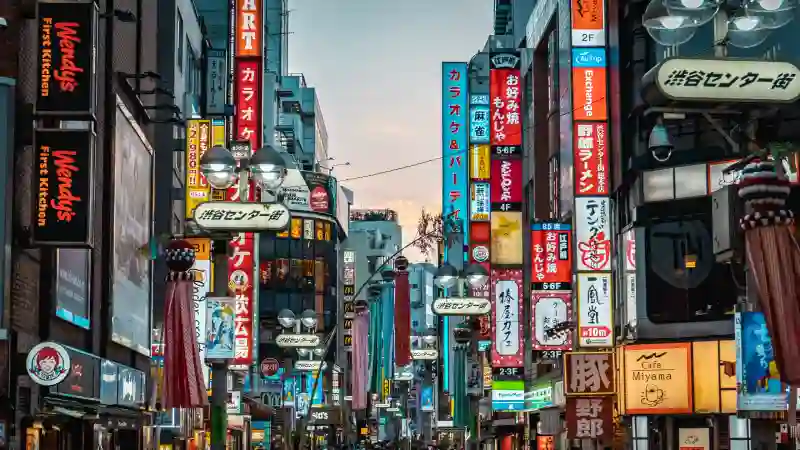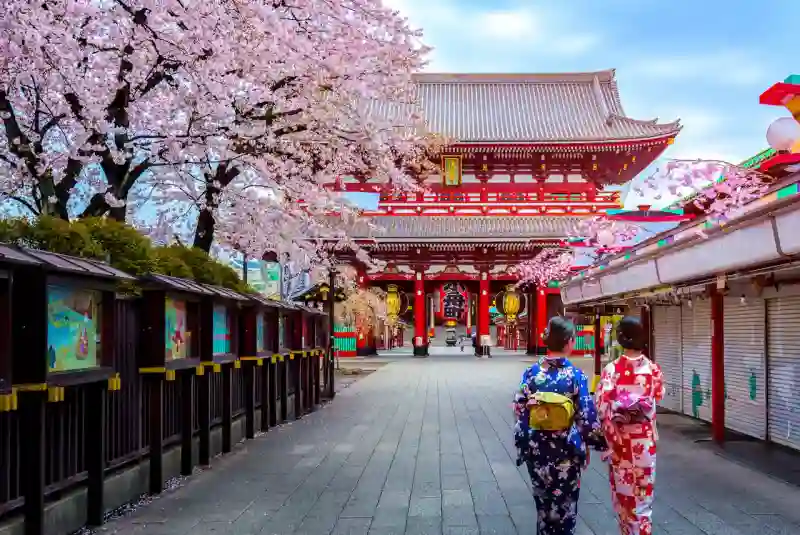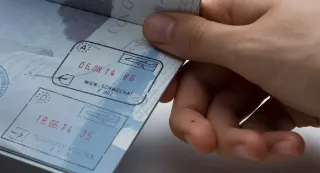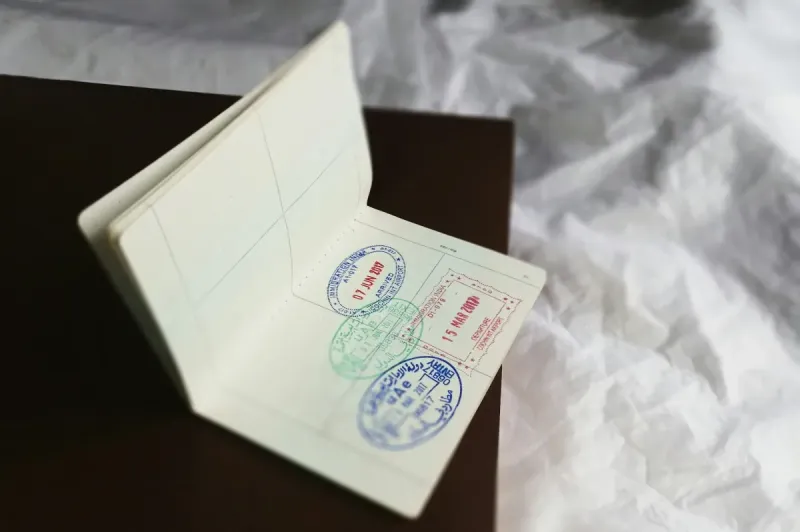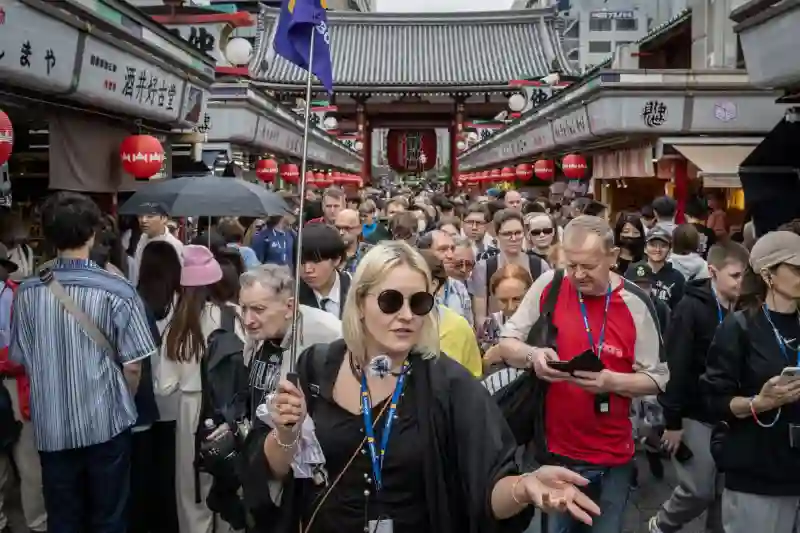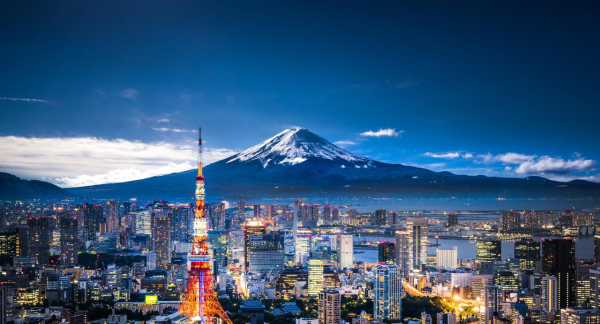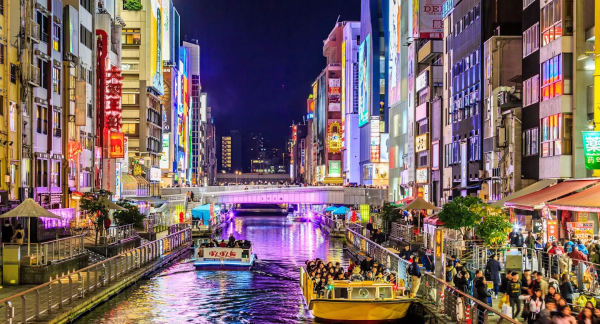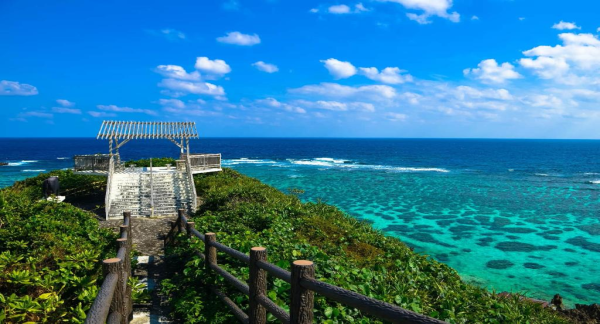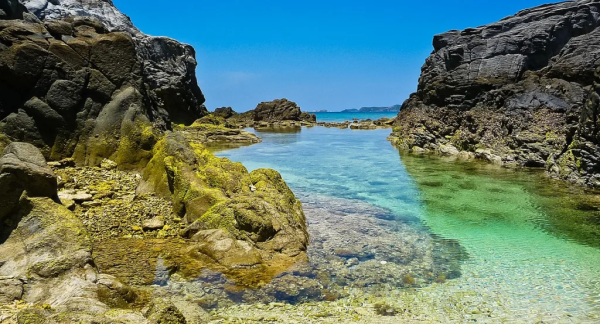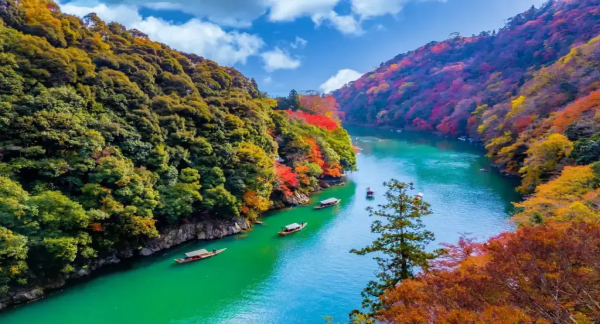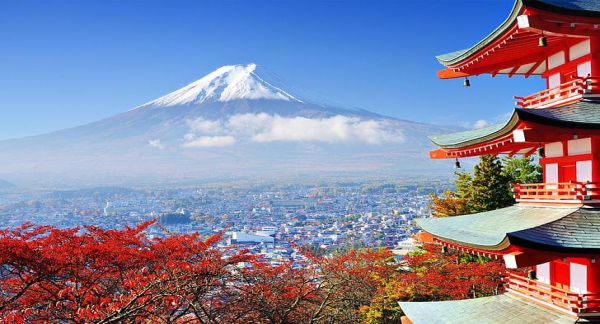So, we've cleared the air about the visa exemption for US citizens – it's a sweet deal for short trips, but what if your plans go beyond that? Or maybe you're not traveling until after April 2025 when the eVisa becomes mandatory? No worries, Japan offers a variety of visa options tailored to different purposes. Let's break down the main categories relevant to US citizens:
1. Temporary Visitor Visa (including the upcoming eVisa)
Purpose: This is your go-to if you're planning a vacation, visiting friends or family, or attending short-term business meetings or conferences.
Duration of Stay: The visa allows you to stay in Japan for up to 90 days.
Permitted Activities: Think sightseeing, exploring cultural attractions, enjoying the cuisine, and attending business meetings.
eVisa Application Process (from 2025 onwards): Starting April 2025, US citizens will need to apply for an eVisa online. You'll need to fill out an application form, upload required documents (like your passport and travel itinerary), and pay a fee. Once approved, you'll receive your eVisa electronically.
2. Work Visa
Purpose: This visa is essential if you've landed a job in Japan or plan to work there for an extended period.
Types: Japan offers several types of work visas, each with specific requirements:
· Engineer/Specialist in Humanities/International Services Visa: This is for professionals with specialized skills and experience in fields like engineering, technology, or international services.
· Highly Skilled Professional (HSP) Visa: This is a points-based system for highly qualified individuals with advanced degrees, significant work experience, and high earning potential. It offers various benefits like a longer validity period and easier family sponsorship.
· Intra-Company Transfer Visa: This is for employees of multinational companies who are being transferred to a branch or subsidiary in Japan.
Required Documents and Sponsorship: To get a work visa, you'll need a job offer from a Japanese company, who will also need to sponsor your visa application. You'll also need to provide documents like your employment contract, proof of qualifications, and sometimes even a medical examination report.
3. Student Visa
Purpose: If you're heading to Japan for studies, you'll need a student visa. This visa allows you to stay in Japan for the duration of your studies and, in some cases, work part-time to support yourself.
Eligibility: To be eligible, you'll need an acceptance letter from a recognized Japanese educational institution.
Required Documents: Along with the standard visa application documents, you'll need to submit your acceptance letter, proof of financial support to cover your tuition and living expenses, and other documents as required by the specific school or program.
4. Transit Visa
Purpose: If you're just passing through Japan on your way to another destination, you might need a transit visa, depending on your nationality and the length of your layover.
Duration of Stay: Transit visas are typically valid for short stays, usually up to 72 hours.
Required Documents: You'll need to show proof of onward travel, like a flight ticket to your final destination, and a visa for that destination (if required).
5. Other Visas
Japan offers a range of other visas for specific purposes, such as:
· Family Reunion Visa: This is for those who want to join their family members who are already living in Japan.
· Cultural Activities Visa: This is for individuals who want to participate in cultural activities in Japan, such as learning a traditional art or craft.
Remember, choosing the right visa is crucial for a smooth entry into Japan. So, take the time to understand the different options and their requirements. And if you're still unsure or feeling a bit overwhelmed, don't worry! VisaTitans is here to guide you through the process and make sure you have all the information you need to secure the right visa for your Japanese adventure.
